Your annual membership will include:
Unlimited, on-demand access to all webinars
New webinars every week
Access to chat logs and speakers’ handouts
Advanced navigation of videos with playlists and chapters
Exclusive section for all webinars you’ve registered for
Option to bookmark your favorites
Chance to win door prizes during live webinars
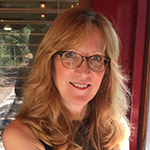
“Legacy Webinars played a huge role in my education before and while I applied for certification. I have watched webinars weekly for the past four years as part of my education plan. They helped me find holes in my work, identify additional sources, and learn something new. I LOVE Family Tree Webinars.”

“I pay for lots of subscriptions, but my Legacy webinar membership is the best investment in professional education I make, bar none. Keep up the good work.”

“I love the webinars, in fact they were a big part of my education to gain certification!”
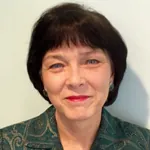
“The webinars have made such a difference in my research (and confidence in the accuracy of that research), and that of so many others. Our ancestors’ stories deserve to be told. You have given us the tools to do that.”

“I continue to find that a subscription to Legacy Family Tree Webinars is the best genealogical investment I make each year. And I constantly tell our society’s members. You folks are just exceptional.”
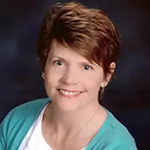
“Legacy Family Tree Webinars is a secret weapon of value when it comes to genealogical education. For those of us who can’t devote the time and money to traveling to institutes and conferences, this is the bomb. I’ve been a subscriber for years. Geoff was ahead of his time!”

“In my 40ish years of genealogy, the Legacy Family Tree Webinars have become my very favorite resource for brushing up on skills, learning new things, and especially because you have breathed new life in a decades old (and sometimes dusty haha) passion. Thanks for all you do.”
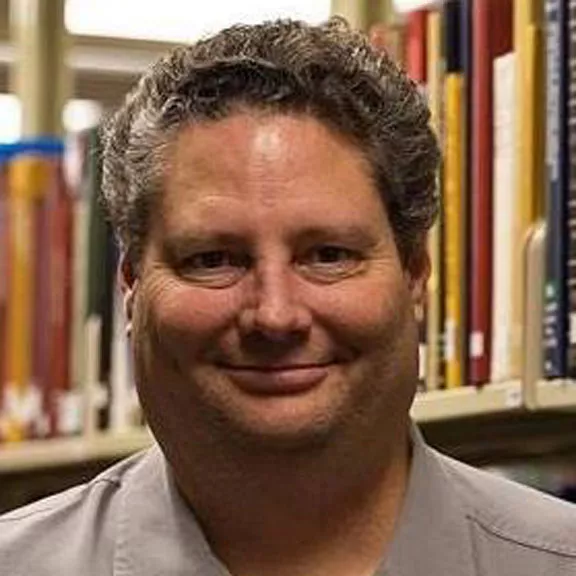
“Genealogy education is the way to beneficial results and you guys are the best!”
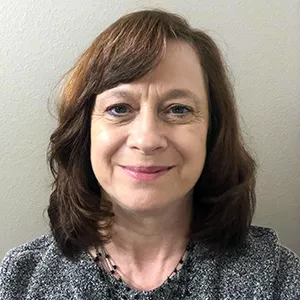
“There are so many wonderful opportunities to learn… I really enjoy watching so many talented people further my education about DNA and family research.”

“My research is much more solid and rich due to what I have learned on Family Tree Webinars. The presenters make it fun to learn and the hosts are so friendly. And the library keeps growing!”